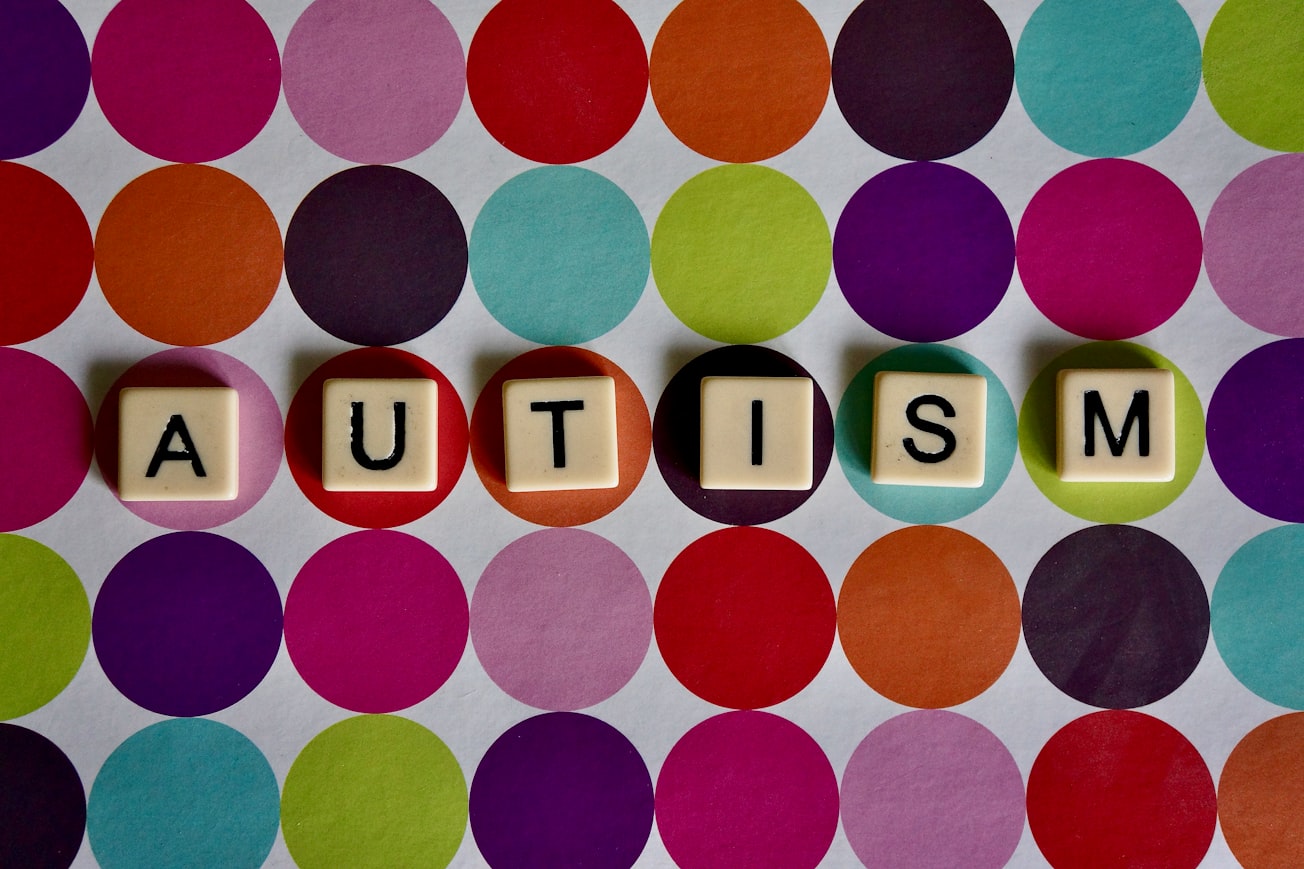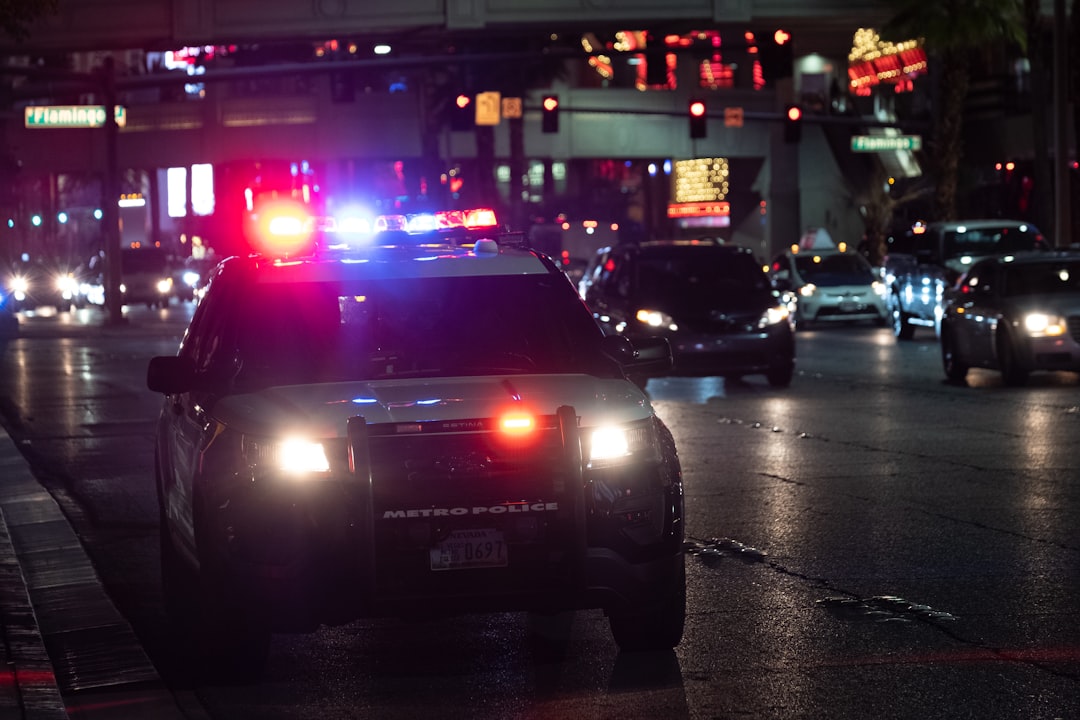What is it about?
The uniqueness of communication and interactions among police and persons with autism calls for specific, experiential training. This study finds that offers rely on informal, non-department training and/or experience frequently to understand how to appropriately community with and respond to persons with autism during police encounters.
Featured Image

Photo by Peter Burdon on Unsplash
Why is it important?
There is a call for more appropriate responses among police and persons experiencing crisis or emotional situations. De-escalation techniques may work for some situational; however, persons with autism often requires additional communication strategies with caretakers, neighbors, and other entities (e.g., school). This article explores how officers rely heavily on informal training and knowledge to apply techniques to the job.
Perspectives
The more we understand about a topic and the human-centered experience, we can develop or define actions, behaviors, and thoughts that are inclusive and provide resolutions for everyone.
jessica herbert
Read the Original
This page is a summary of: The informal, nonorganizational ways police officers receive training on encounters with autistic individuals, Policing An International Journal, April 2022, Emerald,
DOI: 10.1108/pijpsm-10-2021-0143.
You can read the full text:
Contributors
The following have contributed to this page










